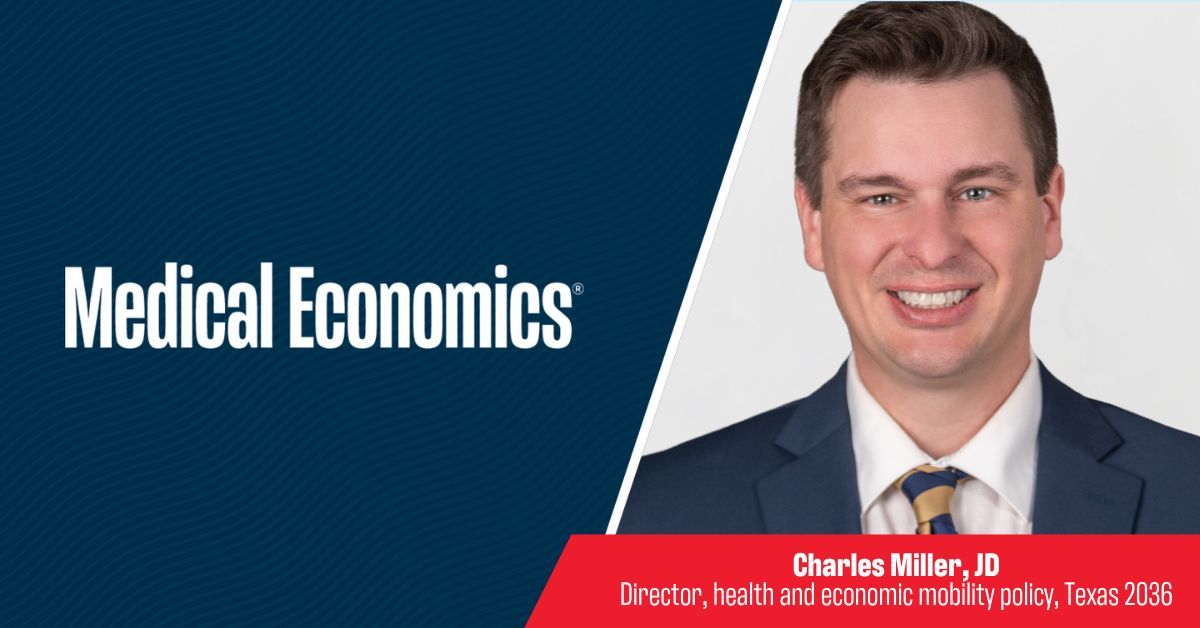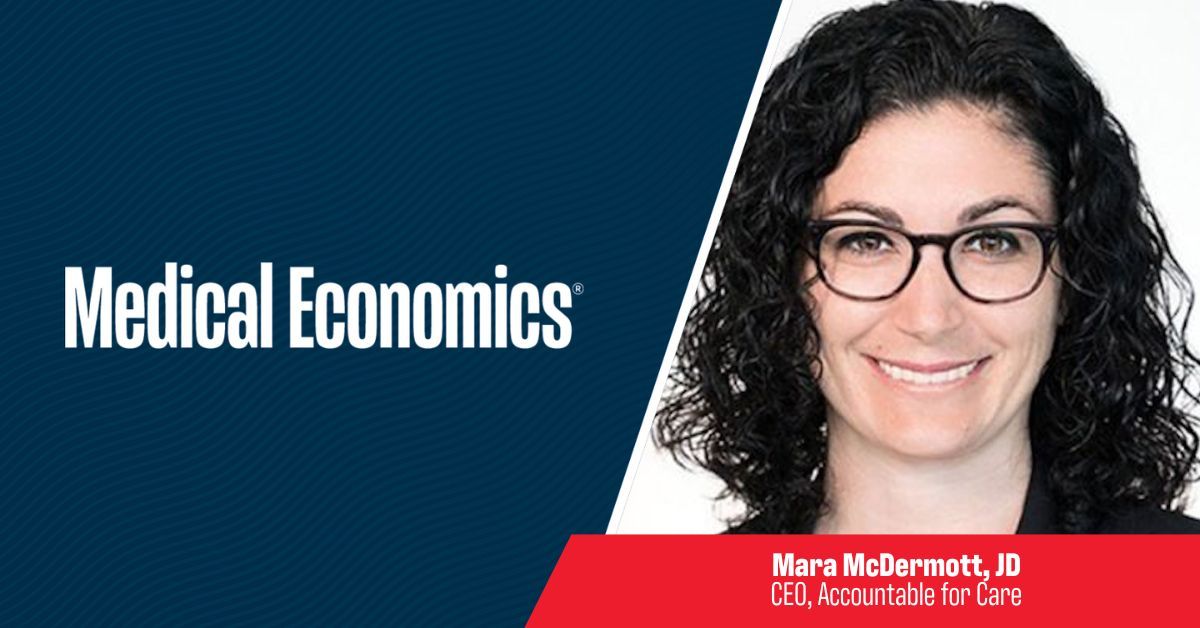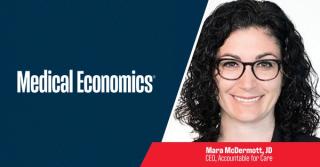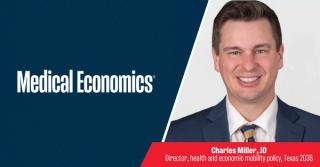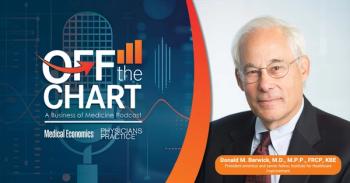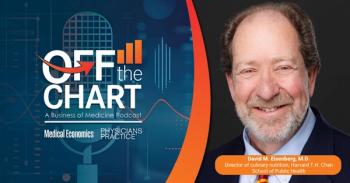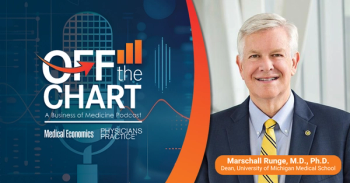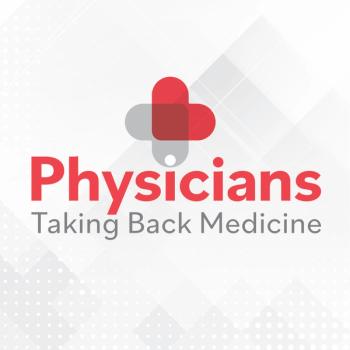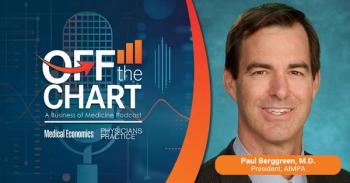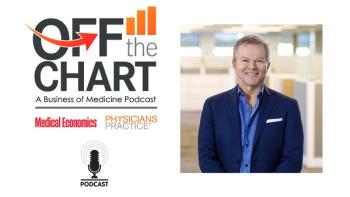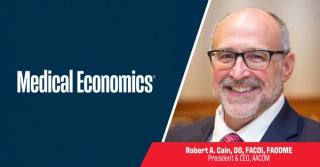
Industry Trends
Latest News
Latest Videos

Shorts
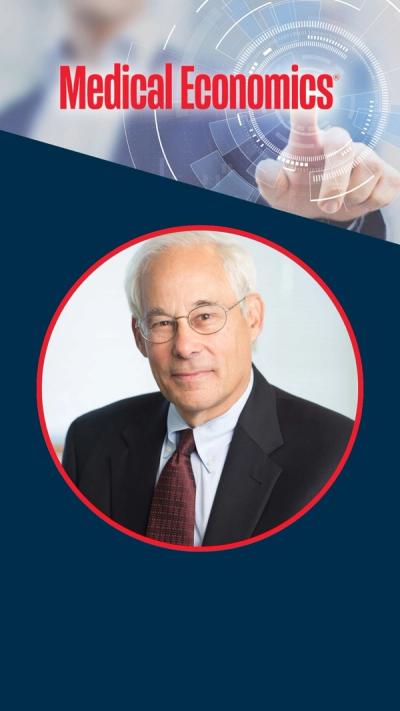
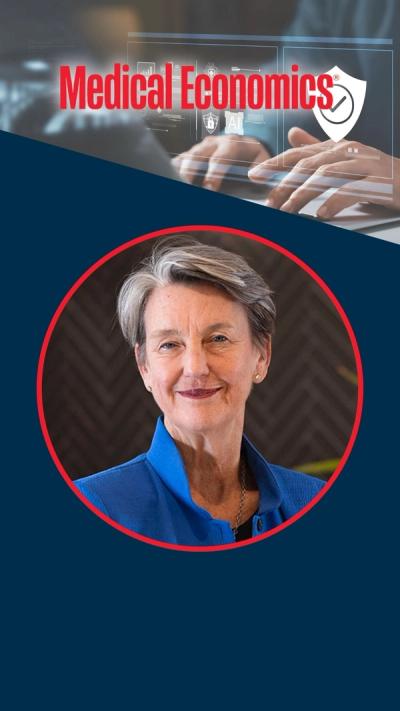
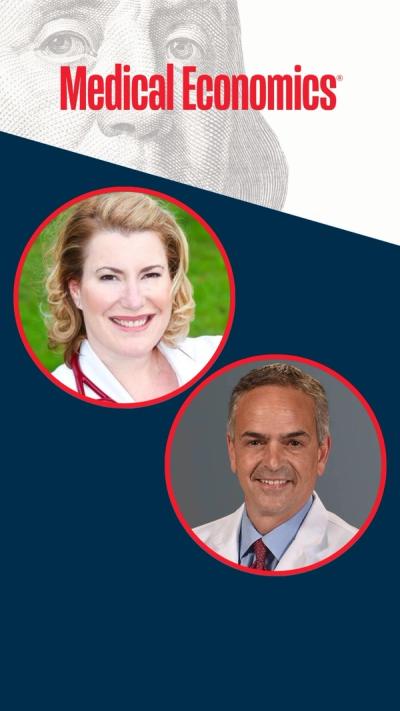

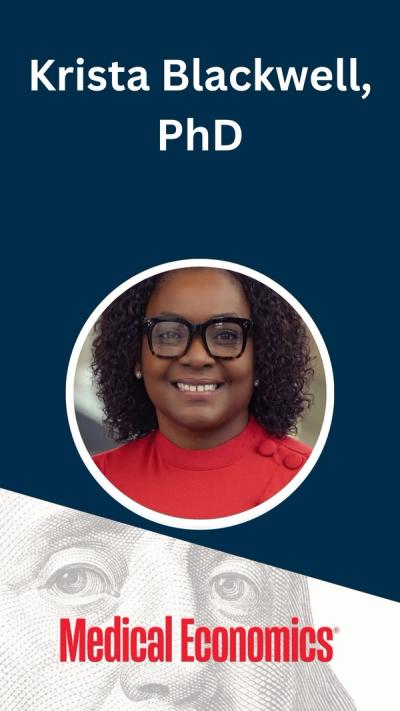
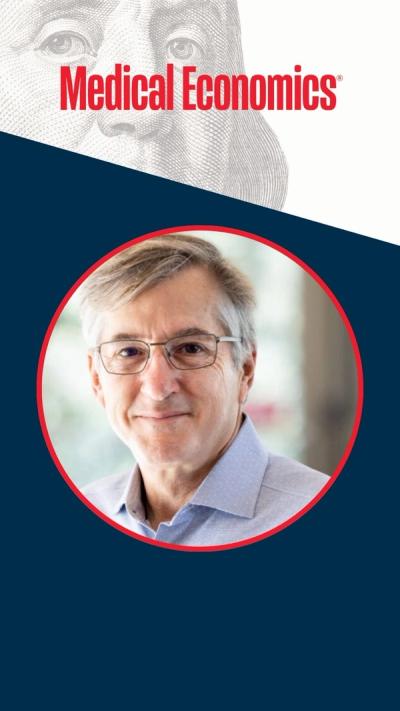
Podcasts
CME Content
More News
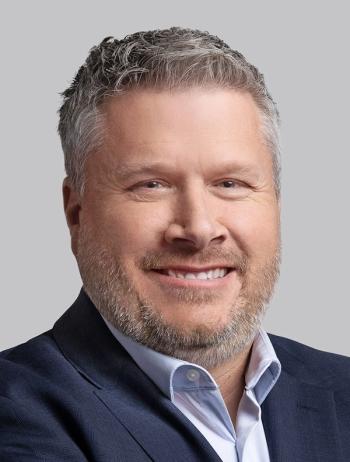
What physicians and other clinicians need to know about the challenges facing the U.S. blood supply.

The CEO of advocacy group Accountable for Health discusses what ACOs found in Medicare’s massive spending on skin substitutes.

An explainer of the new initiative to lower costs for patients while reining in pharmaceutical makers, PBMs and insurance companies.

Michigan Medicine analysis of 539 million appointments shows overall volume flat or falling, even in specialties that leaned hardest on virtual care.

Patients come first instead of insurance, Big Pharma and special interests, president says in statement.

Professionalizing the billing workforce could close critical gaps in fraud prevention and protect billions in health care spending.

CMS tallies annual expenditures that include $1.1 trillion for physician and clinical services.

The CEO of advocacy group Accountable for Health discusses what ACOs found in Medicare’s massive spending on skin substitutes.

An overview of code changes that could improve patient outcomes and practice revenues.

Disagreement over vaccine policy prompts a new court case to stop an Advisory Committee on Immunization Practices meeting and decision.
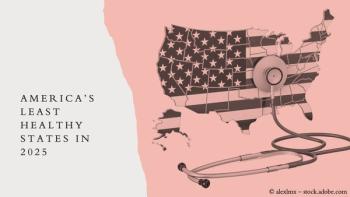
The latest America’s Health Rankings report reveals deep regional and socioeconomic divides in population health. These were the least healthy states in 2025.
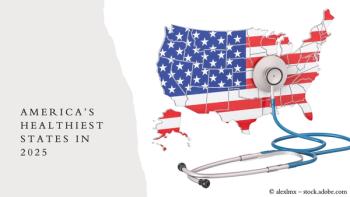
New Hampshire, Massachusetts and Vermont lead the 2025 America’s Health Rankings, but even the highest-scoring states are juggling chronic disease, affordability and access gaps that show up in exam rooms.
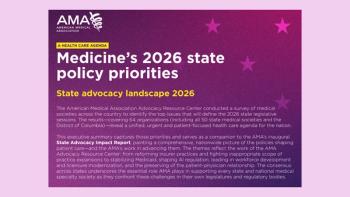
What are the top priorities facing physicians across the country this year?

Pediatrician David Higgins, M.D., M.P.H., M.S., explains why true vaccine hesitancy is rarer than headlines suggest, how social media distorts the picture and what physicians can do to rebuild trust one conversation at a time.
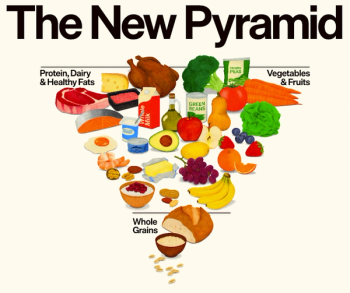
Food should be whole, nutrient dense and free of added sugar, according to new federal recommendations.
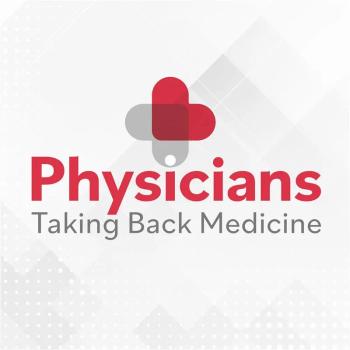
Some physicians are pushing back on the catch-all label “provider,” saying it confuses patients, blurs credentials and chips away at professional identity.
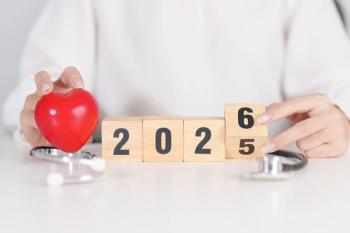
Wearables, artificial intelligence and workplace care models push medicine further from the clinic and deeper into daily life, group says.
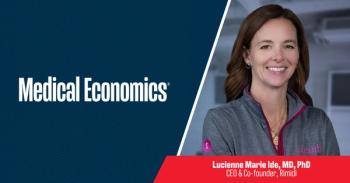
A physician expert discusses changes in RPM policy and reimbursement.
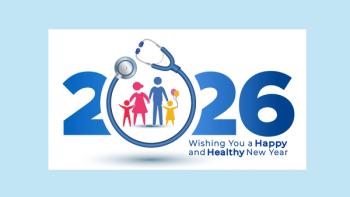
A slideshow with steps to take for better physical and mental wellness this year.

A physician expert discusses changes in RPM policy and reimbursement.

In November 2025, a panel of physicians, practice leaders and health care experts unpacked the challenges facing independent medical practice, and what the future may look like in 2026.

Executive order recognizes potential medical use for cannabis, but there still are numerous details to work out.
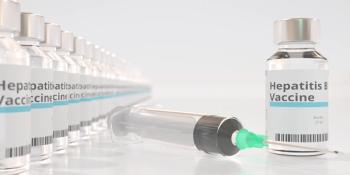
CDC adopts ACIP recommendation against universal vaccination for newborns of women who test negative.

Key numbers and trends from the AAMC’s latest medical school enrollment and applicant data.

Total enrollment passed 100,000 for the first time, even as applications only recently began to recover from several years of decline, according to new AAMC data.

